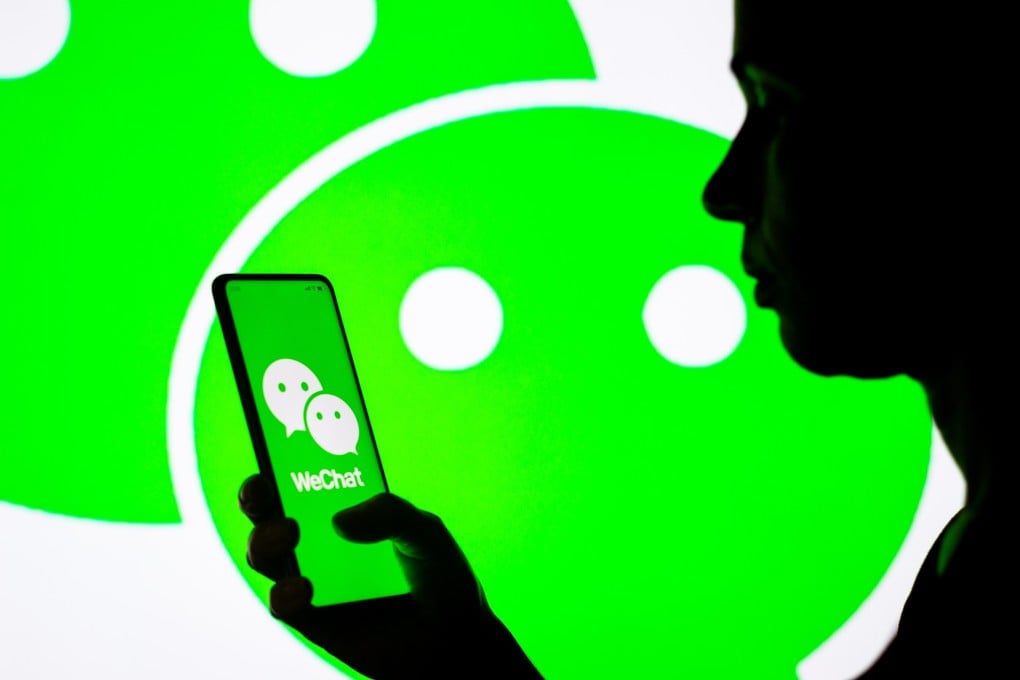Tencent’s WeChat requires disclosure of AI-generated content to combat misinformation
- WeChat’s updated moderation policy states: ‘If the content is AI-generated, it must be labelled.’

“If the content is AI-generated, it must be labelled,” WeChat said on Wednesday via its content-security account, Shanhu – the Chinese word for “coral”.
The super app, marketed as Weixin on the mainland, will help identify AI-generated content (AIGC) on the platform by displaying the relevant tag at the bottom of a published post.
WeChat users are also required to describe whether any posted content is a work of fiction, and disclose sources – including authoritative media or professional entities – when the information is related to “domestic and international current affairs, public policies and social events”. The platform said it disapproves of all unethical practices to generate online traffic.

The updated content-moderation policy of WeChat forms part of a broader industry effort to promote greater AIGC transparency, while protecting internet users from online abuse, scams and misinformation.
